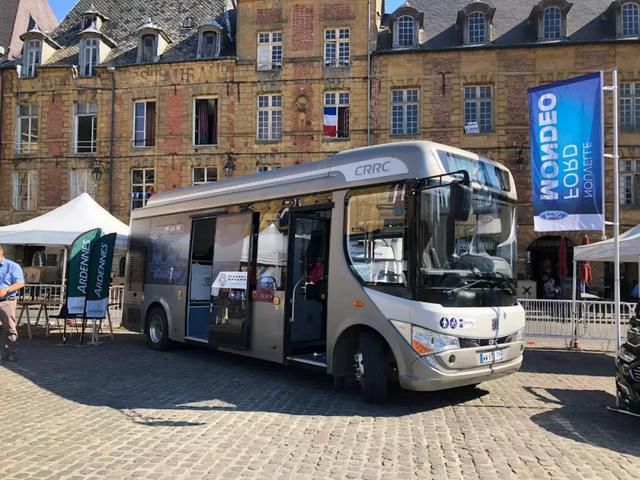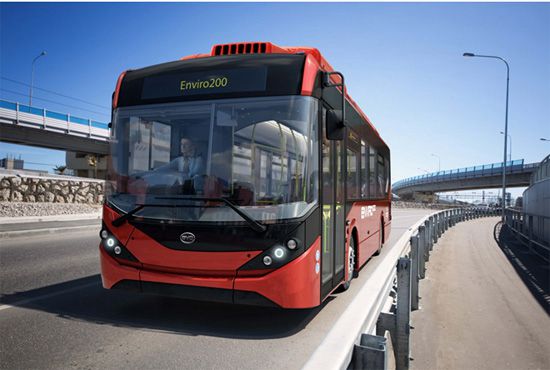"At that time Brazil did not have the concept of electric buses, and we were the first to bring electric buses to Brazil." Talking about the process of exploring the Brazilian market, Li Tie, general manager of The Brazilian branch of BYD, a Chinese new energy vehicle enterprise, told Xinhua with pride.
In recent years, BYD's new energy product line has been steadily expanding in Brazil. Byd opened its first office in Sao Paulo in 2013; In 2015, BYD completed an assembly plant for electric buses and iron battery modules in Campinas, an industrial hub in southeastern Brazil; In 2017, the pure electric bus chassis factory and solar panel factory also located in Campinas were completed and put into operation. In 2018, BYD opened a battery factory in Manaus, the capital of the northern state of Amazonas.

According to reports, because of the different road conditions in Brazil and China, BYD's initial production of electric buses in Brazil "acclimatized". To this end, BYD Brazil has improved more than 100 technologies and established a locally-based design, manufacturing and testing process to make electric buses suitable for the Brazilian market.
To expand the market, BYD has brought electric buses to major Brazilian cities such as Recife, Salvador and Porto Alegre, and demonstrated byd's mature technology to local bus operators.
The Brazilian government's emphasis on sustainable transportation development makes BYD confident about the prospects of the Brazilian market. 'BYD was the first company to promote and guide the development of electric buses and solar energy technologies in Brazil,' Mr. Li said. 'Currently, relevant technologies have been supported and promoted by local governments and enterprises, and the local market has also witnessed rapid development.' Byd is also leading the Brazilian auto industry toward hybrid and even pure electric technology by providing batteries for electric vehicles and energy storage companies.

Marcelo von Schneider, a senior executive at BYD Brazil, said byd has successfully brought Chinese technology to the Brazilian market. He believes the "exchange of knowledge and technology" between Chinese and Brazilian engineers is key for Brazil to learn to use Chinese technology.
Von Schneider sees Brazil as an important market for passenger cars and buses that can help lead the industry's transformation. At the same time, Brazilian consumers are changing their minds and paying more attention to the development of electric vehicles. "We want to change the concept of travel in Brazil and bring modern, sustainable and pollution-free travel."
Referring to the future green development and cooperation between China and Brazil, Li said, "Brazil is rich in resources and China has advanced technology. If we can combine Chinese technology with Brazilian resources and market, there will be very good development in the future."

